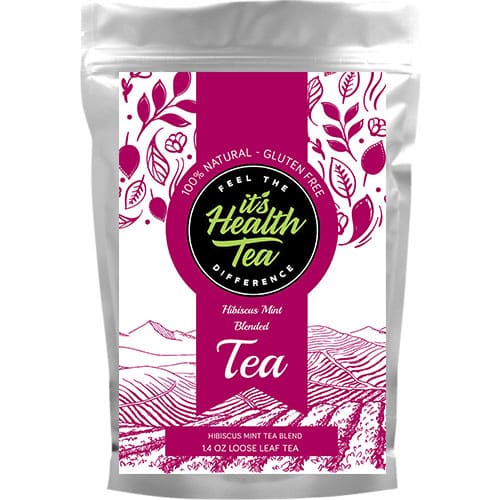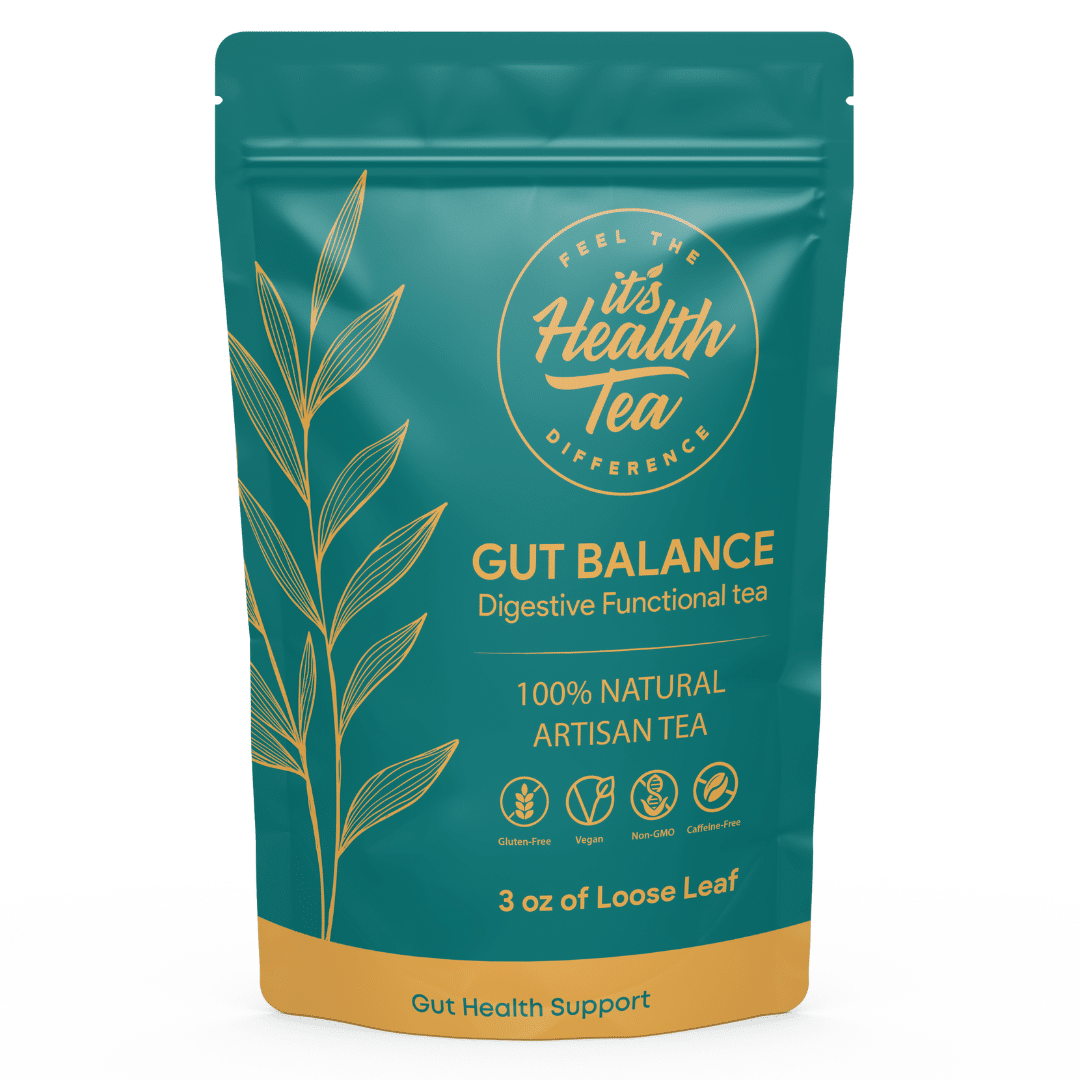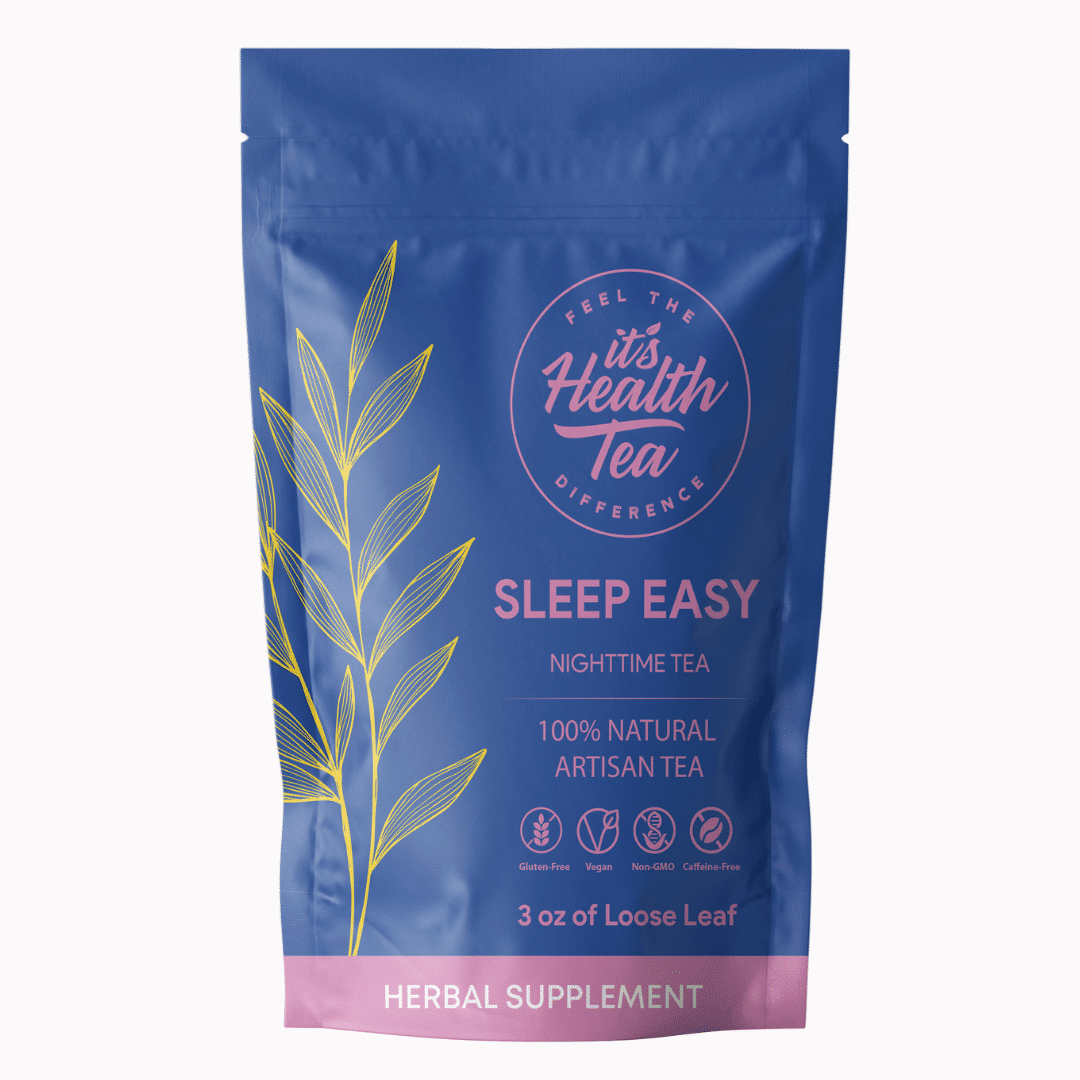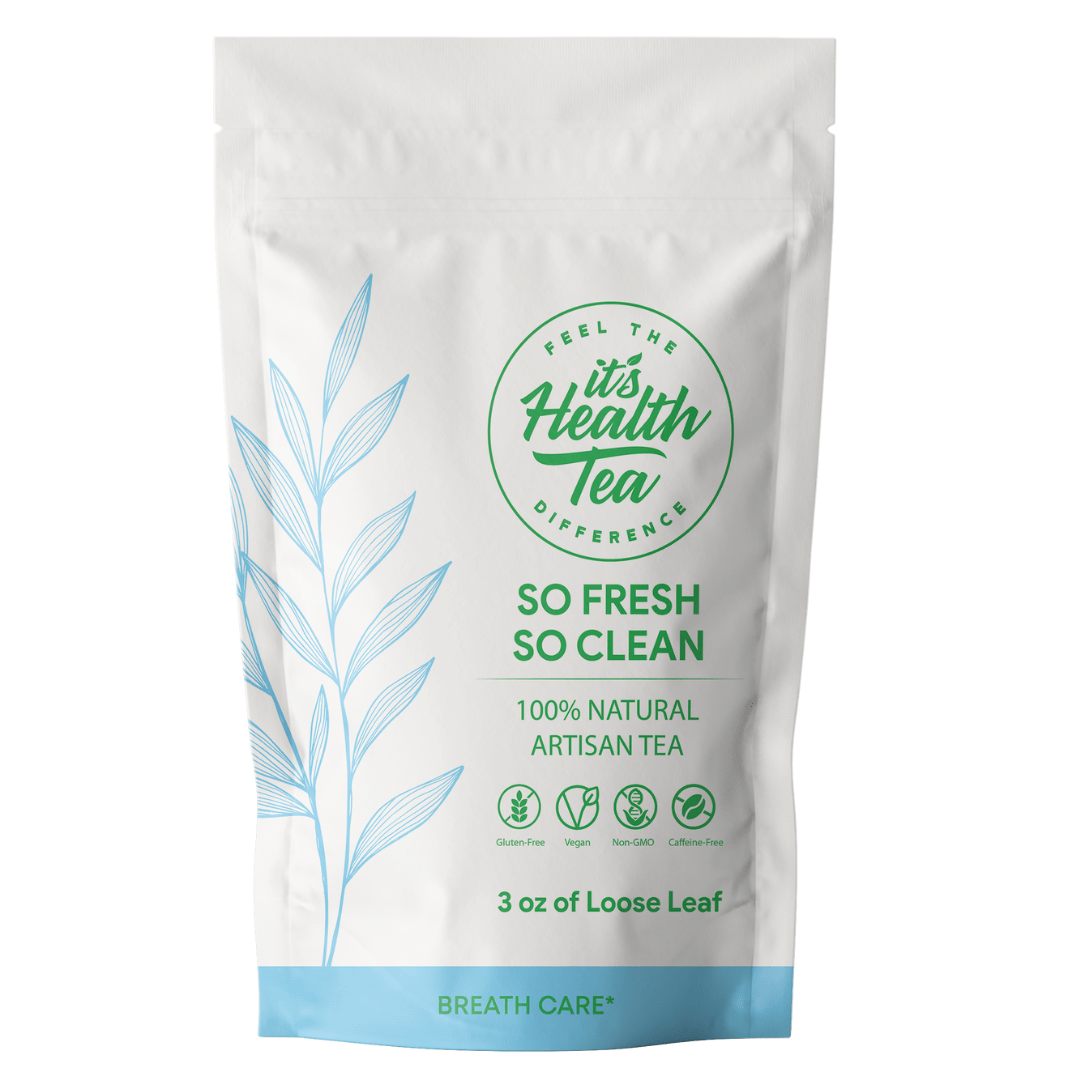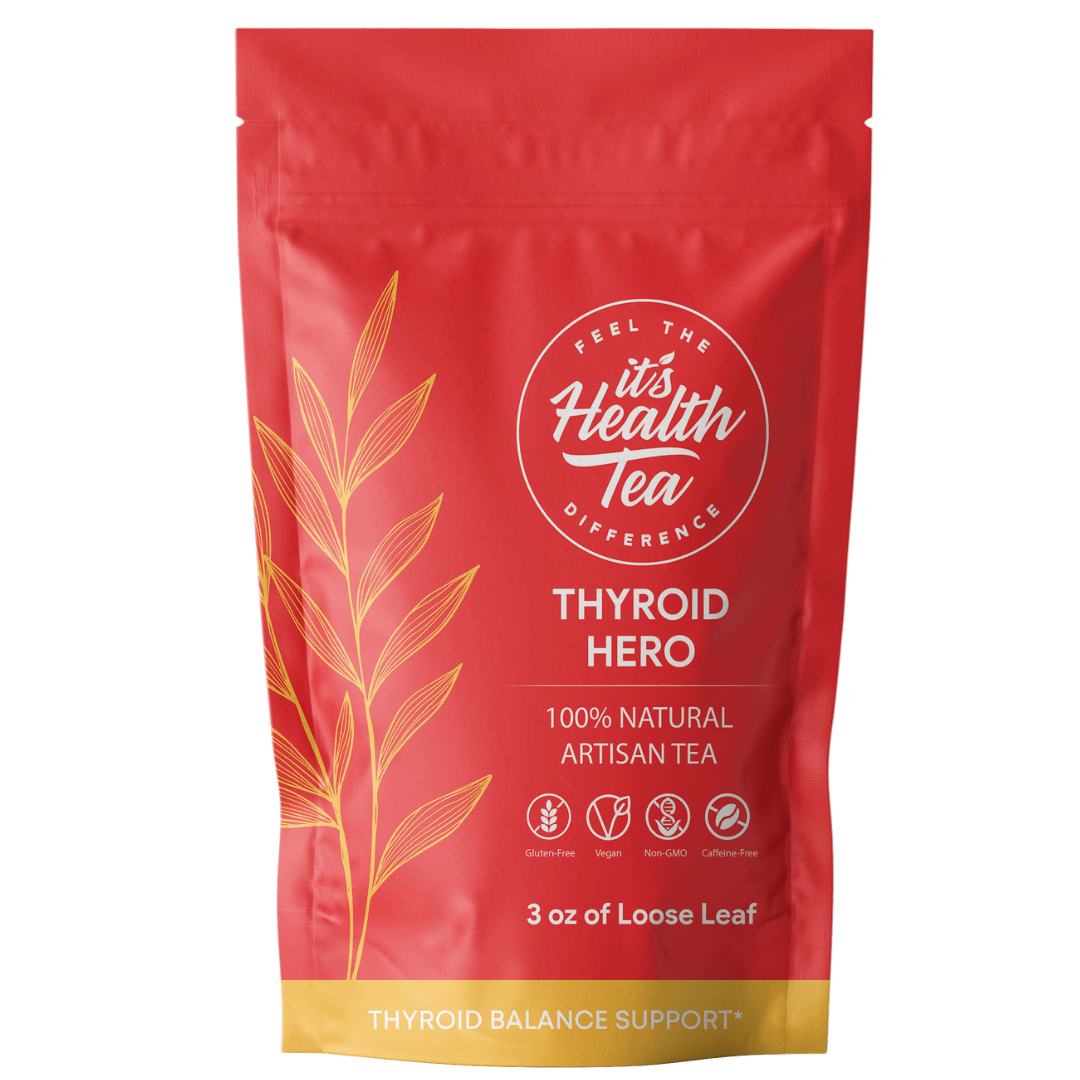Aside from hibiscus tea being incredibly tasty, let’s see get to the goodies of this incredibly functional flower that’s so good for you and your health.
7 BENEFITS OF DRINKING HIBISCUS TEA
- Packed With Antioxidants
- May Help Lower Blood Pressure
- May Help Lower Blood Fat Levels
- May Boost Liver Health
- Could Promote Weight Loss
- Contains Compounds That May Help Prevent Cancer
- Could Help Fight Bacteria
HOW MUCH HIBISCUS TEA SHOULD YOU CONSUME A DAY?
When used for medicinal purposes, limit yourself to no more than two to three cups per day.
WHAT ARE SOME OF THE BENEFITS OF THE HIBISCUS FLOWER?
Hibiscus tea has been known to prevent hypertension, lower blood pressure, reduce blood sugar levels, keep your liver healthy, help with menstrual cramps, help with depression, aid digestion and help with weight management. Its rich in Vitamin C, contains minerals such as flavonoids and has laxative properties.
WAIT, HIBISCUS HAS VITAMIN C?
Hibiscus tea contains vitamin C, a strong antioxidant that we know is responsible for keeping our immune systems healthy. Hibiscus tea is also high in iron, a mineral that keeps the immune system balanced and helps the body to maintain red blood cells.
IS THERE A BEST TIME TO CONSUMER HIBISCUS TEA?
You can drink this incredible tea at any time of the day, however, Hibiscus tea contains flavonoids that reduce the absorption of fats. If you sip on a cup after dinner, your body won’t be so quick to cling to the unwanted fats from your hearty meal.
A GREAT TEA, FOR GREAT SKIN!
Hibiscus tea is a rich source of antioxidants such as vitamin C and beta-carotene. These ingredients are useful in dealing with issues such as inflamed and itchy skin. It also helps reduce oxidative skin damage that leads to problems like ageing, wrinkles, dark spots and saggy skin.
IT’S ALSO GOOD FOR THE KIDNEYS?
In one study, both green tea– and hibiscus-treated group had shown significant nephroprotective effects. They reduced biochemical indicators or nonenzymatic markers of the kidney dysfunction compared with gentamicin-induced nephrotoxicity.
SHOP HIBISCUS MINT
